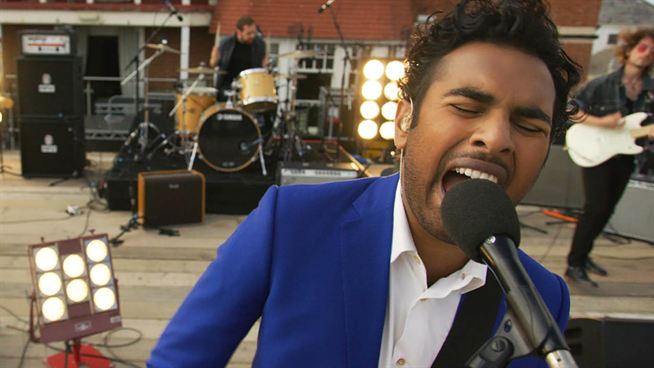
A California judge, in a lawsuit brought by two movie fans against Hollywood studio Universal, has ruled that trailers can violate laws about misleading advertising and studios can be sued by movie fans. It is a decision that has caused quite a stir. But what’s behind it? Why is the situation not completely clear? And why is it not to be expected that disappointed moviegoers will now file a series of lawsuits? We explain it to you.
The Trial: Ana de Armas Superfans Love ‘Yesterday’
First of all, we need to look at the trial currently taking place in a California court. Two men who say they’re big Ana de Armas fans paid $3.99 each on Amazon Prime Video to rent Danny Boyle’s comedy romance Yesterday. According to their own statements, they did so because they were looking forward to the Armas, appearing in an early trailer.
However, the “Knives Out” star was completely cut from the movie. According to screenwriter Richard Curtis, it was originally planned as a love interest for the main character Jack (Himesh Patel), but the fact that the protagonist strayed from his true love Ellie (Lily James) for so long did not go down well with the test. impressions. Therefore, all scenes have been deleted.

The two plaintiffs see themselves deceived by the trailer. They are seeking at least $5 million in damages and in a class action lawsuit represent an entire group of other people who feel cheated by the trailer.
Trailer: Advertising or your own art?
An important issue has now been settled in court. Are trailers just advertising or are they also art? Why was this question important? Only when trailers are classified as advertising can the laws on misleading advertising applystudios can be ordered to pay compensation under these laws.
The legal team at Hollywood studio Universal has argued that “trailers are art” and referred, among other things, to a preview of Steven Spielberg’s classic “Jurassic Park”, which consisted entirely of material that was not in the film, but was shot. especially for an attractive trailer.
But the judge disagreed, writing: “Universal is right that trailers involve some creativity and editorial discretion, but that doesn’t transcend the commercial nature of a trailer. At its core, a trailer is an advertisement designed to sell a movie to consumers through a preview of that movie.”
Obviously, misleading advertising laws may apply. Trailers should not lie! This opens the door to claims for damages for allegedly misleading trailers. This causes a lot of unrest in Hollywood, because there are now fears of further lawsuits. But how wide is it open? Is it likely that mass lawsuits will really take place now?
The verdict is still far away
It should be understood that no ruling has yet been made in the current case. The competent court decided only on this individual question, so that the process can now continue on this basis. The next phases of the negotiations now follow. Other questions are sure to be asked, like whether fans didn’t get enough for their $3.99 without the Armas, and whether they might have known the actress wasn’t in the film.
It is also still completely unclear what the judge will ultimately award them if he were to follow their further arguments. If only $3.99 per nose is finally returned, then this should certainly not lead to a wave of further lawsuits.
Most importantly, the court itself has severely limited its judgment, which is easily overlooked.
The Important Limitations of the Court
The responsible judge does not want to open the door to further lawsuits. He doesn’t want a movie fan to be able to sue because he’s personally disappointed in a movie and then realizes he expected something different after the trailer. He fills in what lies that supporters are not allowed to do.
So he clarifies that the laws on misleading advertising only apply where they are likely to mislead a “significant number of reasonable consumers”. “Feeling personally cheated” is not enough. You have to explain why many normal movie consumers brought these false expectations. That’s right here: if you see Ana de Armas featured prominently in the trailer, you’d expect Ana de Armas to appear in the movie too!
In addition, the judge does not want to open the door to further cases claiming that a different genre, more action or certain plots were expected after the trailer. All this is not registered: “The Court’s decision is limited to matters of whether an actress or scene is in a film and nothing else.”writes the court.
There can only be misleading advertising with scenes and stars in the trailer that do not actually appear in the film. If a supporter does that, he is lying, according to the court. There are plenty of examples, yes Hollywood needn’t worry that consumers disappointed by a movie will now construct accusations of misleading advertising based on a trailer.
Author: Bjorn Becher
Source : Film Starts
I am Dawid Malan, a news reporter for 24 Instant News. I specialize in celebrity and entertainment news, writing stories that capture the attention of readers from all walks of life. My work has been featured in some of the world’s leading publications and I am passionate about delivering quality content to my readers.







